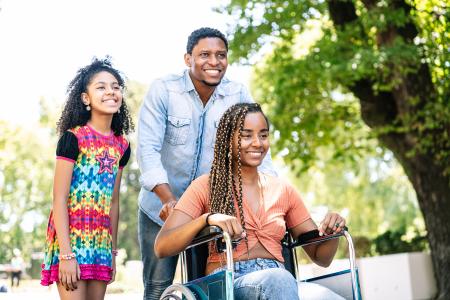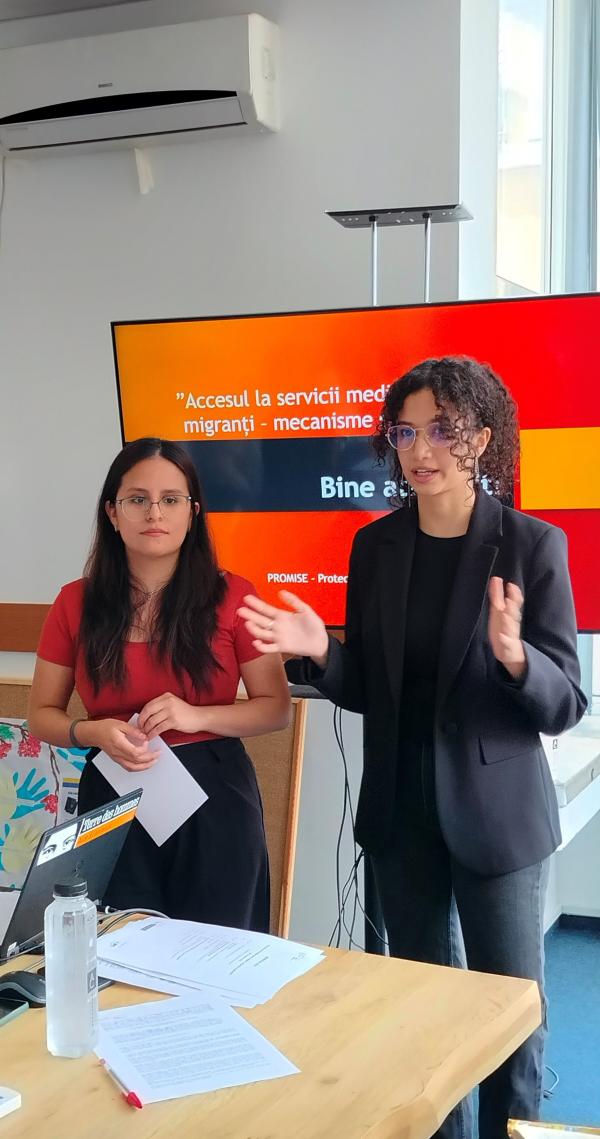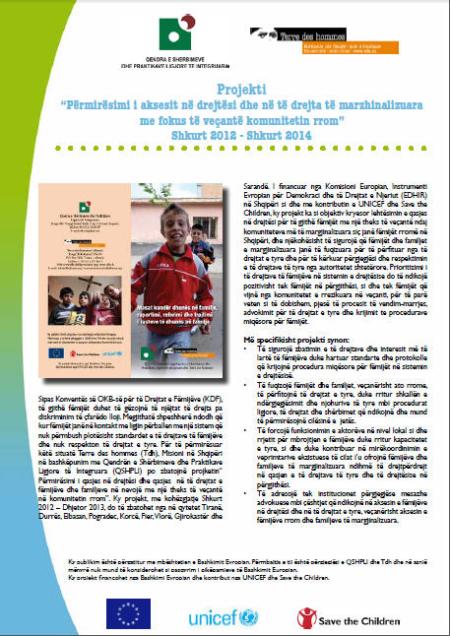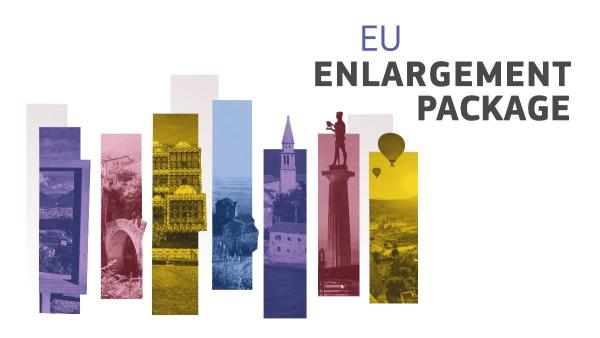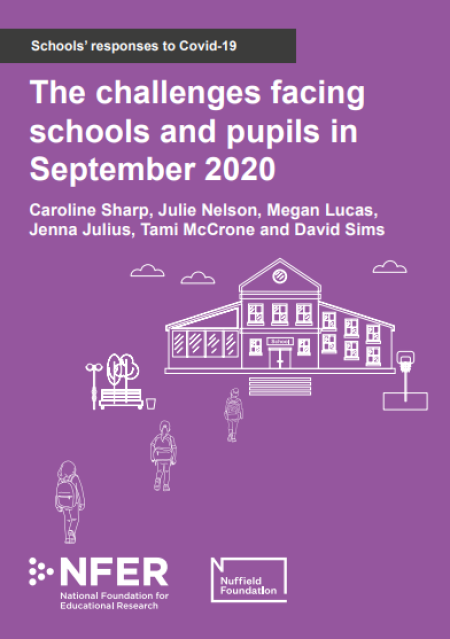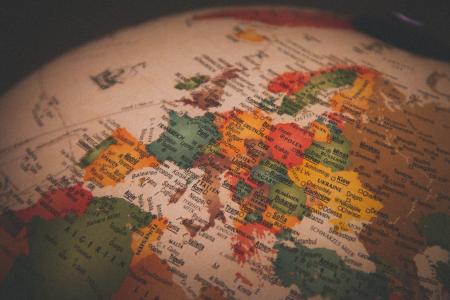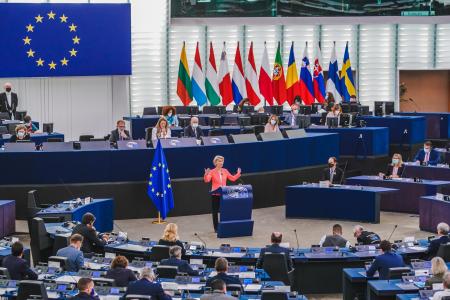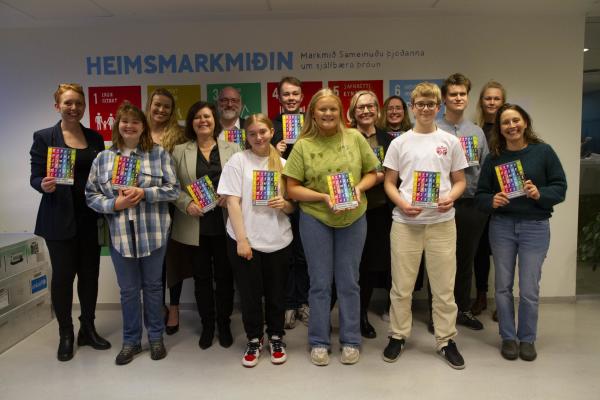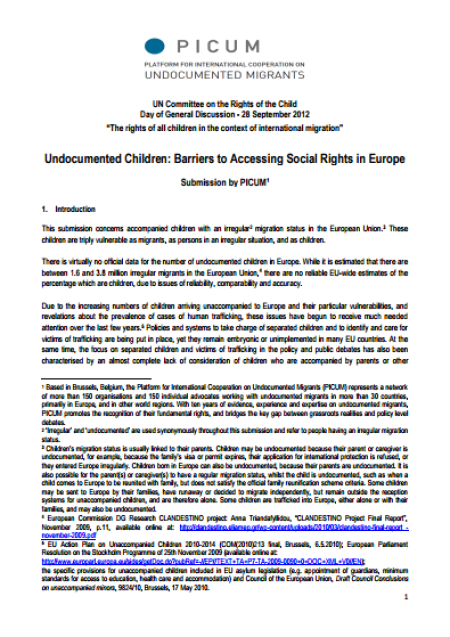
As reported by UNICEF's statistical analysis , almost 240 million children worldwide have a disability. The report, containing data analysis from 42 countries and a comparison of 60 indicators of child well-being (such as nutrition and health, access to water and sanitation, protection from violence and exploitation), confirmed that disabled children face numerous obstacles in realizing their rights.
According to UNICEF Executive Director Henrietta Fore, they are less likely to be heard or included in every measure, and they are more frequently left behind. This report makes it clear that the barriers that children with disabilities encounter to participate fully in their communities frequently have a negative effect on their health and social outcomes.
Key findings:
- 49 per cent of children with disabilities are more likely to have never attended school compared with children without disabilities.
- Children with disabilities are 42 per cent less likely to have foundational reading and numeracy skills.
- Children are 25 per cent more likely to be wasted and 34 per cent more likely to be stunted.
- 51 per cent of children living with disabilities are unhappy.
- Children with disabilities are 41 per cent more likely to feel discriminated against.
- 32 per cent of children with disabilities are more likely to experience severe corporal punishment.
However, the report suggests that the disability experience varies greatly as it depends on the type of disability, where the child resides, and the accessibility of services. With this in mind, this report highlights the importance of targeted solutions when addressing inequities.
The suggested targeted solutions:
Ensure access to education
When it comes to access to education, children with disabilities are falling behind, especially vulnerable groups: those struggling to communicate or take care of themselves and children with multiple disabilities.
Maria Alexandrova, a UNICEF youth advocate for inclusive education from Bulgaria, points out the societal exclusion of children with disabilities. Speaking from her experience as a person with a disability, she emphasizes that inclusive education cannot be considered a luxury and that governments, stakeholders and NGOs should guarantee that children with disabilities have equal, inclusive access to education.
Children living with a disability should have a voice
Children with disabilities, like other children, should have a voice in the issues affecting their lives and be provided with opportunities to realize their potential and claim their rights. UNICEF is urging governments to provide children with disabilities equal opportunities and to work with people with disabilities to remove the physical, communication, and attitudinal barriers that keep them out of society. Government should work on eradication of stigma and discrimination, ensure birth registration, inclusive health, nutrition, and water services; equitable education; and access to assistive technologies for disabled people.
Consult people with disability
When delivering inclusive services and equitable quality education, the government should consult people with disabilities and consider the wide range of existing disabilities as well as the individual needs of children and their families.
This statistical study intends to increase the inclusion of children with disabilities around the world by ensuring that they are counted, consulted, and considered during decision-making.


